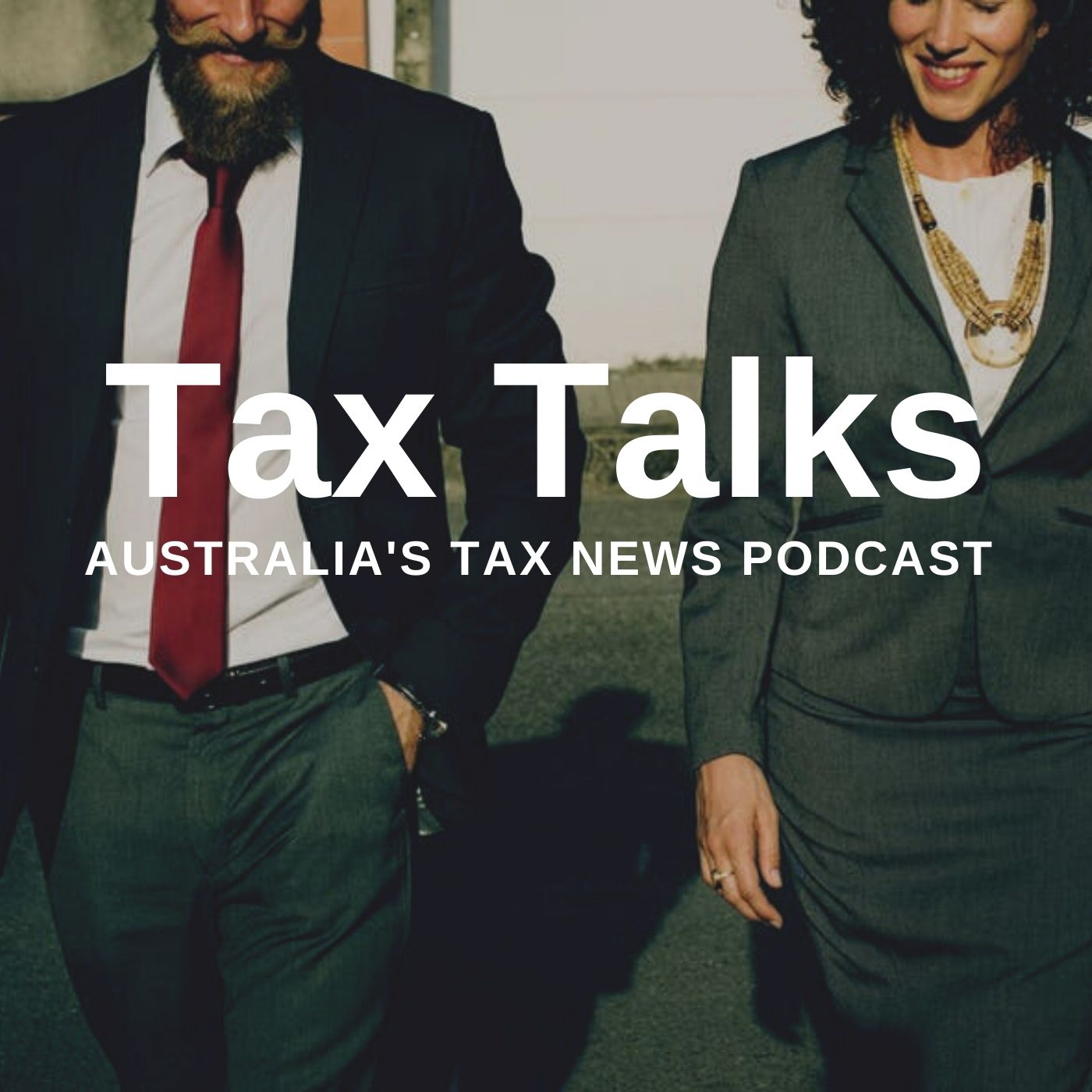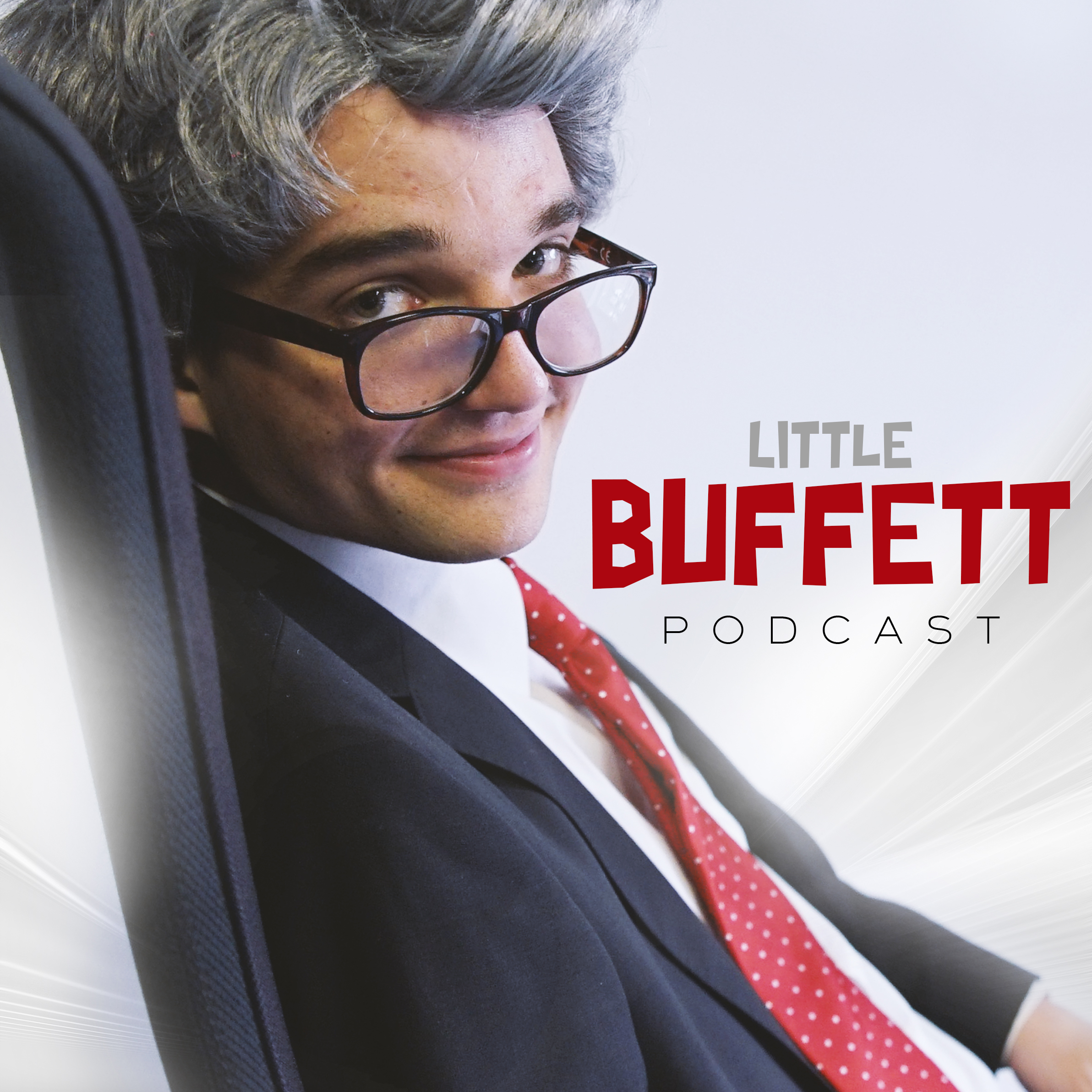 |
Investing In Real Estate With Lex LevinradAuthor: Lex Levinrad
Do you want to learn how to buy rental properties, wholesale real estate and flip houses? Join Lex Levinrad on the Investing in Real Estate Podcast and learn how YOU can get started investing in real estate today. This podcast is full of ACTION PACKED information and CONCRETE ACTION STEPS that you can start taking TODAY to learn how to start investing in real estate, buying rental properties, fixing and flipping and wholesaling houses. Join Lex as he talks about EVERY TOPIC related to INVESTING IN REAL ESTATE including wholesaling, locating deals, finding properties, flipping properties, hard money lenders, online auction sites, marketing for motivated sellers, building your cash buyer lists, deal structuring, fixing and flipping, buying and holding real estate long term, buying rental properties, buy repair rent and refinance, and investing in Airbnb. Lex has trained thousands of students from all over the world how to invest in real estate. Lex has personally flipped over 1,000 houses and he can teach you the one thing that everyone is looking for - FINANCIAL FREEDOM. Listen to Lex interview some of his successful students who have quit their jobs and now flip houses for a living. If you want to get MOTIVATED and INSPIRED by people who are actually flipping houses RIGHT NOW, then LISTEN TO THIS PODCAST. Lex will also introduce you to some of his real estate friends and he will interview some of the biggest wholesalers and flippers in the country. You will learn from the experience of real estate investors who are doing deals every single day, investors who are literally doing thousands of deals. Listen to this podcast so YOU can learn how to achieve massive results investing in real estate. If you want to learn how to invest in real estate and how to find, fix and flip houses for a living (and maybe even quit your job) then SUBSCRIBE TO THIS PODCAST. Language: en-us Contact email: Get it Feed URL: Get it iTunes ID: Get it |
Listen Now...
Sellers Are Capitulating
Tuesday, 28 October, 2025
🎙️ The Investing in Real Estate Show Sellers Are Capitulating Hosted by Lex Levinrad Hey everyone, and welcome to the Investing in Real Estate Show. I'm your host, Lex Levinrad, and on today's episode, I want to talk about what's happening right now in the real estate market — because things are changing very rapidly. For the first time in a while, we're beginning to see signs of capitulation. Now, capitulation is a term that comes from the stock market. It describes the point when investors give up — when stocks have been falling and people finally throw in the towel and start selling. We're starting to see that same kind of behavior in certain areas of the real estate market today, and I expect we'll see even more of it in the months ahead. Year-over-year, foreclosures are up 17%, bank-owned properties are up 34%, and there's a noticeable increase in short sales, pre-foreclosures, and REO listings on the MLS. Many of my students are now finding deals on auction sites like Auction.com and Hubzu.com, and I believe that trend will continue throughout the next year or two. So, the big question is: Where are we in the cycle, and where might the market bottom out? Historically, the real estate cycle runs about 18 years — roughly 13 to 14 years up, followed by 4 to 5 years down. If we peaked around July 2022, then that would suggest a bottom sometime between mid-2026 and mid-2027. Now, real estate is hyper-local. Condos behave differently from single-family homes, and markets like South Florida don't move the same as the Midwest. Condos in South Florida, for example, have been hit hard — partly due to the unresolved Surfside law, with only about half of buildings having completed inspections. That's why, in our training programs, we focus primarily on single-family homes. It's also important to understand that not all single-family markets are the same. The $350,000–$400,000 "median" home that a typical family buys is a completely different product from a $150,000 starter home — and both are worlds apart from the $5 million waterfront properties here in Deerfield Beach. The luxury market remains relatively resilient because those homes are scarce, and many are purchased with cash by wealthy buyers. But that's not the market I teach or invest in. My focus is middle America — the average family earning $70,000–$80,000 a year, buying a modest 3-bedroom, 2-bath home. For that family, affordability is the key issue. At today's prices and rates, that household can typically afford around $2,000 to $2,100 per month, including taxes and insurance. The challenge is that, with 11 rate hikes since 2022, those numbers often don't make sense for buyers — it's often cheaper to rent than to buy. For affordability to return, home prices and interest rates both need to drop by about 20%. Now, the economy itself is in a strange place — a mix of stagnation and inflation. We've got gold, silver, and stocks rising while more Americans are falling behind on car payments, credit cards, and mortgages. It's a divided economy — the haves and the have-nots. The wealthier segment owns assets like real estate, stocks, and Bitcoin. But 75–80% of Americans fall into the lower or middle-income bracket, and they're feeling the squeeze: higher rents, higher food prices, higher everything — without matching wage growth. We're also seeing record levels of credit card and auto loan defaults, and foreclosures are climbing. Many people are struggling to keep up with mortgage payments, and businesses — including trucking companies — are shutting down at record rates. Given that, I believe the Federal Reserve will have little choice but to cut rates soon, even if inflation remains a concern. Now, let's talk about what this means for real estate investors. Some markets — particularly in the Midwest — remain relatively steady. They don't see huge gains, but they also don't experience massive losses. In contrast, "boom and bust" states like Florida and Texas swing more dramatically in both directions. For example, in markets like Austin, Texas or Phoenix, Arizona, we've seen homes that sold for $420,000 just three years ago now selling for around $240,000 — nearly half the price. In parts of Florida, such as Cape Coral, prices and rents have both fallen, while insurance and property taxes have risen — squeezing investor returns. So, what works right now? The answer is simple: focus on affordability. Forget the luxury market, forget high-priced areas, and concentrate on properties with an ARV (After Repair Value) of $300,000 or less. If you can buy at 60 cents on the dollar, that means targeting homes you can purchase for around $180,000 that are worth about $300,000 fixed up. That's where my students are finding success. For example, one of my students recently bought a home for $105,000 in a market where comps were $220,000, and another paid $107,000 in that same market. We're not seeing deals like that materialize yet in hot markets such as Miami, but they exist within an hour or two of Miami. If you want to be successful, focus on affordability. When evaluating deals, I always tell my students to run the numbers carefully — use a mortgage calculator like the one on Bankrate.com and compare monthly payments including taxes and insurance versus what it would cost to rent that same home. Also, for rentals, check Section 8 fair market rents on HUD's website to estimate cash flow. Right now, the Buy, Repair, Rent, Refinance strategy works extremely well. You can buy deeply discounted properties, fix them up, rent them out, and hold them as rentals with positive cash flow. Then you can refinance to pull your cash back out, and do it again! We'll be covering this in depth at our upcoming Inner Circle Coaching event this weekend, where I am teaching my students both long-term rentals and short-term Airbnbs. Now, some of you may be wondering: where are these deeply discounted properties? How are you finding properties at such low prices? The answer is motivated sellers. Our deals come from distressed sellers — people behind on property taxes or in foreclosure, or owners who inherited homes they can't maintain. Some properties are in terrible condition — drug houses, hoarder homes, or abandoned rentals. They need full rehab, which scares off many other buyers, but that's exactly where the opportunity lies for us as investors. We're also seeing a rise in short sales, where homeowners owe more than their house is worth. When they realize they can't sell for what they owe, and that they will not get anything from the sale of their house they often walk away — and that's where investors can negotiate with banks for big discounts. As an investor, your job is to identify affordable, high-demand rental markets — typically where ARVs are under $300,000 — and where you can buy at 50–60 cents on the dollar. In South Florida, that usually means driving an hour or two north or west from Miami Dade and Broward County to find the right price points where houses are more affordable. We're seeing the early stages of capitulation — landlords giving up, foreclosures rising, and more motivated sellers entering the market. Over the next 12–18 months, I expect those opportunities to grow significantly. There will be many opportunities to make money. If you're new to investing, now is the time to educate yourself, get trained, and learn how to identify, evaluate, and buy the right properties. This window of opportunity will not be open forever and you need to take advantage of it. In my training programs, we teach students how to calculate ARV, estimate repairs, calculate their offer price, calculate cash flow, and use private lenders and hard money to fund deals. Our strategy which is the Buy Repair Rent Refinance Strategy is simple: ✅ Buy below market value at 50 to 60 cents on the dollar ✅ Repair the property using money from private lenders ✅ Rent the property to a tenant for positive cash flow ✅ Refinance and pay off the private lender - and then do it again The Goal is Financial freedom. Ten rentals owned free and clear within 15 years means you'll never need to work again. Ten rentals at $5,000 per month in rent can provide you with a $50,000 monthly cash flow for life. And this is indexed for inflation meaning every year you can raise rents, and over time your properties increase in value. This is one of the easiest ways that I know to create wealth. I've seen countless students of mine become millionaires by following this plan. Many of my students now earn six and seven figures annually from their rental portfolios. So, if you're ready to change your financial future, I invite you to join me at one of my upcoming real estate training events (boot camps). Learn how to buy bank-owned properties, how to buy foreclosures and short sales and how to bid on online auction sites and buy properties for 50 cents on the dollar. Learn how to use private lenders to fund your deals and how to use other people's money to build wealth through real estate. You can download a free copy of my book, Wholesaling Bank-Owned Properties, at lexlevinrad.com/getyourcopy. I hope to see you soon at one of my live real estate training events. Thanks for listening to The Investing in Real Estate Show. To learn more about my real estate training program, boot camps and coaching visit lexlevinrad.com. If you would like to schedule a call to speak to one of our Student Support Managers book a free strategy session at lexlevinrad.com/bookacall










